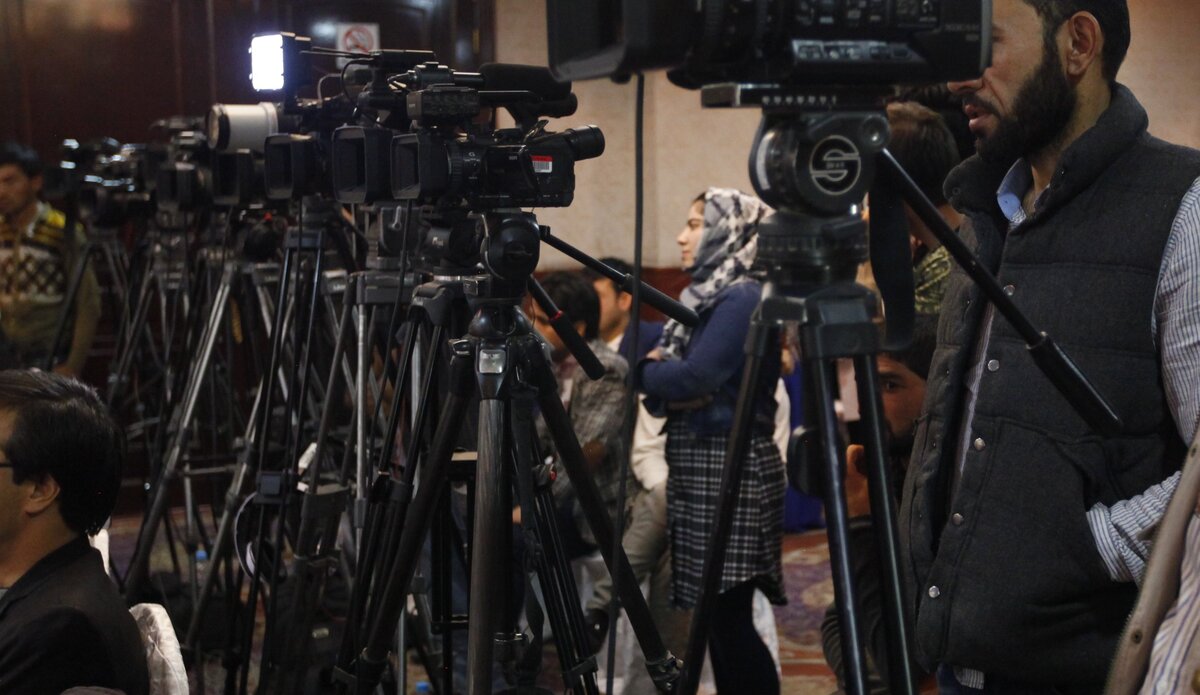UN urges Afghanistan’s de facto authorities to protect media freedom
KABUL/GENEVA - The UN Assistance Mission in Afghanistan (UNAMA) and UN Human Rights Office today published a report documenting increasing challenges faced by journalists, media workers and media outlets in Afghanistan, where they operate under an environment of censorship and tight restrictions on accessing information.
Women journalists and media workers were found to face particularly restrictive and discriminatory measures affecting their ability to undertake their professional work.
The report titled Media Freedom in Afghanistan covers the period from 15 August 2021 to 30 September 2024. During this period, it documented instances of human rights violations affecting 336 journalists and media workers – including 256 instances of arbitrary arrest and detention, 130 instances of torture and ill-treatment, and 75 instances of threats or intimidation.
“For any country a free press is not a choice, but a necessity. Journalists and media workers in Afghanistan work under challenging conditions. They often face unclear rules on what they can and cannot report, running the risk of intimidation and arbitrary detention for perceived criticism,” said Roza Otunbayeva, Special Representative of the Secretary-General and head of UNAMA.
“We urge the de facto authorities to ensure the safety and security of all journalists and media workers as they carry out their tasks, and to fully recognize the importance of women working in the media sector,” she said.
UN High Commissioner for Human Rights Volker Türk said the findings of the report are very concerning, and called on the de facto authorities to bring its measures into line with Afghanistan’s commitments under international law, including the cornerstone International Covenant on Civil and Political Rights.
“Journalists and media workers perform vital functions in informing the public on events affecting their daily lives and wider communities, including on essential humanitarian and protection issues,” Türk said. “Crucially, they are also essential to ensuring transparency and accountability for public and governmental authorities, and to fostering informed debate on important public policy being considered.
“Every effort must be made to ensure that journalists and media workers, and that includes all women, are respected and protected. A free and vibrant media is key to the health and vitality of any society,” the UN Human Rights Chief added.
Dwindling technical and financial support to the media sector, including from the international community, has further eroded the media sector, directly impacting the ability of people living in Afghanistan to access information affecting them.
“Technical and financial support for the media sector in Afghanistan, and thereby standing behind the importance of freedom of expression and public debate, is instrumental for growth of the country,” Otunbayeva said.
Download Full Report: English | Dari | Pashto
Full Statement: ![]() English |
English | ![]() Dari |
Dari | ![]() Pashto
Pashto
 UN
UN







